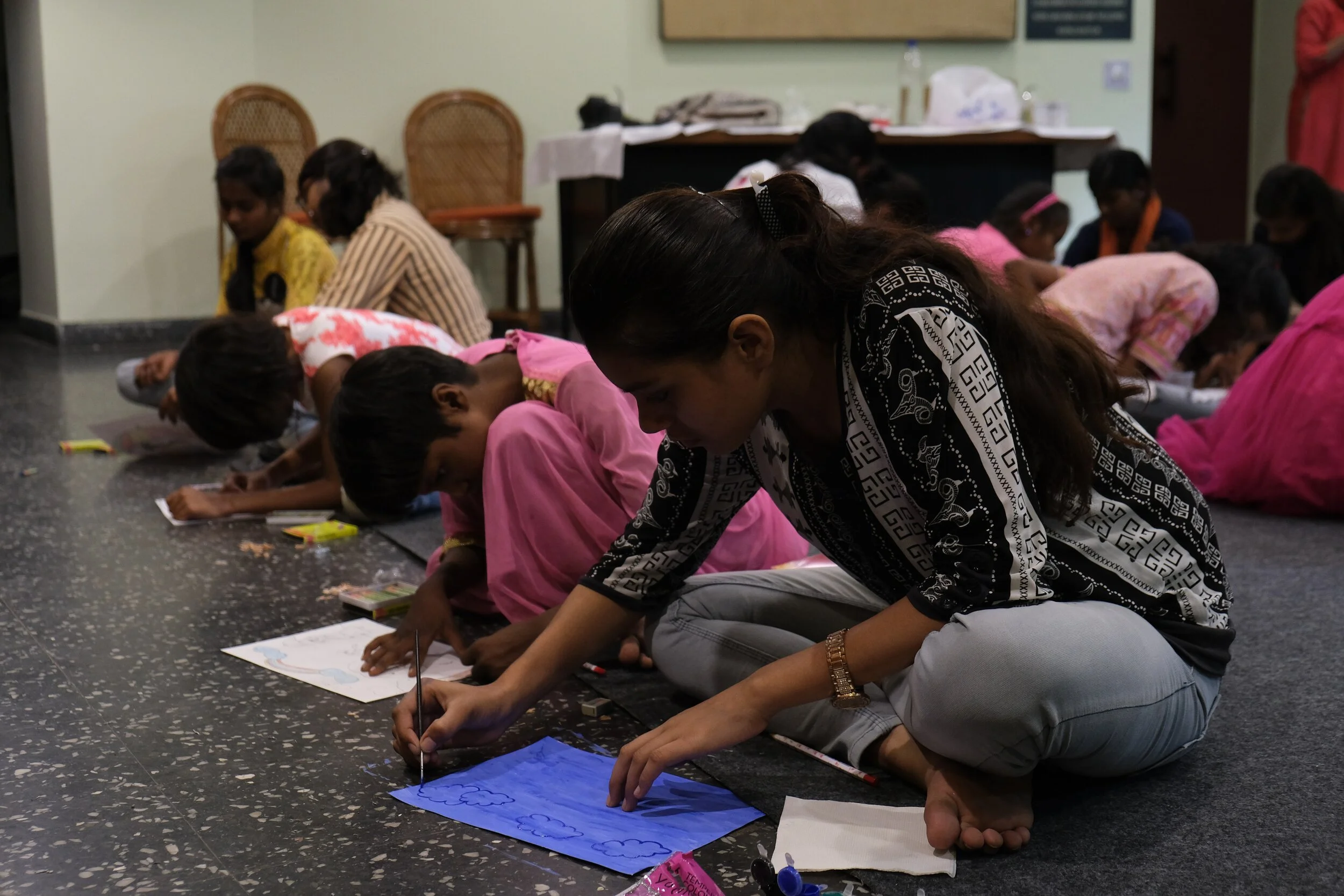Preserving the UK's role on the international development stage
This year has been unprecedented for so many reasons and we continue to navigate our way forward, hoping for a better 2021. Beyond COVID-19, Brexit and the US election, one of the other most significant events of 2020 has been the UK government’s decision to merge the Department for International Development (DFID) with the Foreign and Commonwealth Office. This was a significant move that points to a change in the British approach to humanitarian aid. It points to a change in decision making and importantly Britain’s role as a leading figure and role model in supporting global development.
There are many issues with this change, not least the impact that this decision will have on hundreds of thousands of people’s lives all over the world; which is definitely not inconsiderable given by 2030, two thirds of the world will be facing extreme poverty.
Why should this be the UK’s responsibility?
The aid we have shared across the world for so many successful years, has of course been to improve the everyday lives of people, but it also has an important knock-on effect. The work DFID did went much deeper than aid. It provided the infrastructure, stability and direction that ultimately helps countries and communities tackle many issues including avoiding poor governance that leads to corruption, extremism and war. It has helped improve equality for women, the LGBTQ community and children who have been able to secure an education rather than being forced into marriage. As well as the work down to improve sustainability and food security.
The positive impact aid can have is demonstrated by research highlighted by the Royal College of Paediatricians and Child Health that highlights that a 1% increase in health aid reduces infant deaths by 2.6% in Sub-Saharan Africa and the global child mortality rate has fallen by more than half over the last three decades where aid funding has been increasing. More and not less is required. About 15,000 children die each day from unavoidable or preventable conditions. Almost 2.5 million babies died within the first months of life last year. Now is not the time for cutting back.
Threats coming out of COVID
The world is now in a very uncertain time; COVID-19 brings with it not just the unimaginable human cost, but also new threats of uncertainty and instability. The wealth gap is only getting bigger across the world and the after affects will be significantly different depending on people’s social and economic backgrounds. This will be significant to UK and international policy and national security. This fragil time will require a long-term view that will need a lot of the skills and investments that DFID spearheaded.
UK standing on the international stage
DFID played an important role in securing the UK’s position on the international stage. Losing this in the same year as Brexit will have consequences. That is why it is critical that the government works hard to focus on policies that will alleviate the root causes of conflict, including poor governance, inequality and climate change. Emphasis needs to be placed on the relationships and issues in conflicted states in foreign policy to ensure that the UK maintains its position and role modelling. To do this it will be important to protect Britain's soft power - giving leadership to global institutions including the World Health Organisation, Garvey and International Meetings of the G20 G7.
To make the move successful
Finally if this new structure is to work, we should use Embassy's and Counsels more to put out clear messages by allocating key staff with expertise around the world who liaise with local social as well as trade and diplomat institutions, and NGOs.
When the UK is chair of the G7, the Prime Minister wishes to have a gender lens and girls' education will be a key issue. But, we must ensure that girls are not only educated, but are protected against violence and have all the support and structure they need to not fall through the gaps. This also needs to be supported by the UK making a public commitment that "no peace talks should be without women at the table" and that all delegations are 30% women.
Although the merger of the Department for International Development (DFID) with the Foreign and Commonwealth Office is a huge loss, it is of course now happening so we must focus on making plans and commitments that will preserve all of DFID’s significant work into how the organisation will operate in the future.





